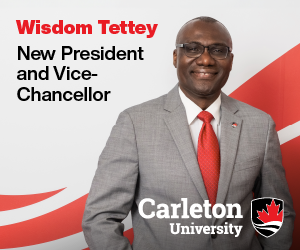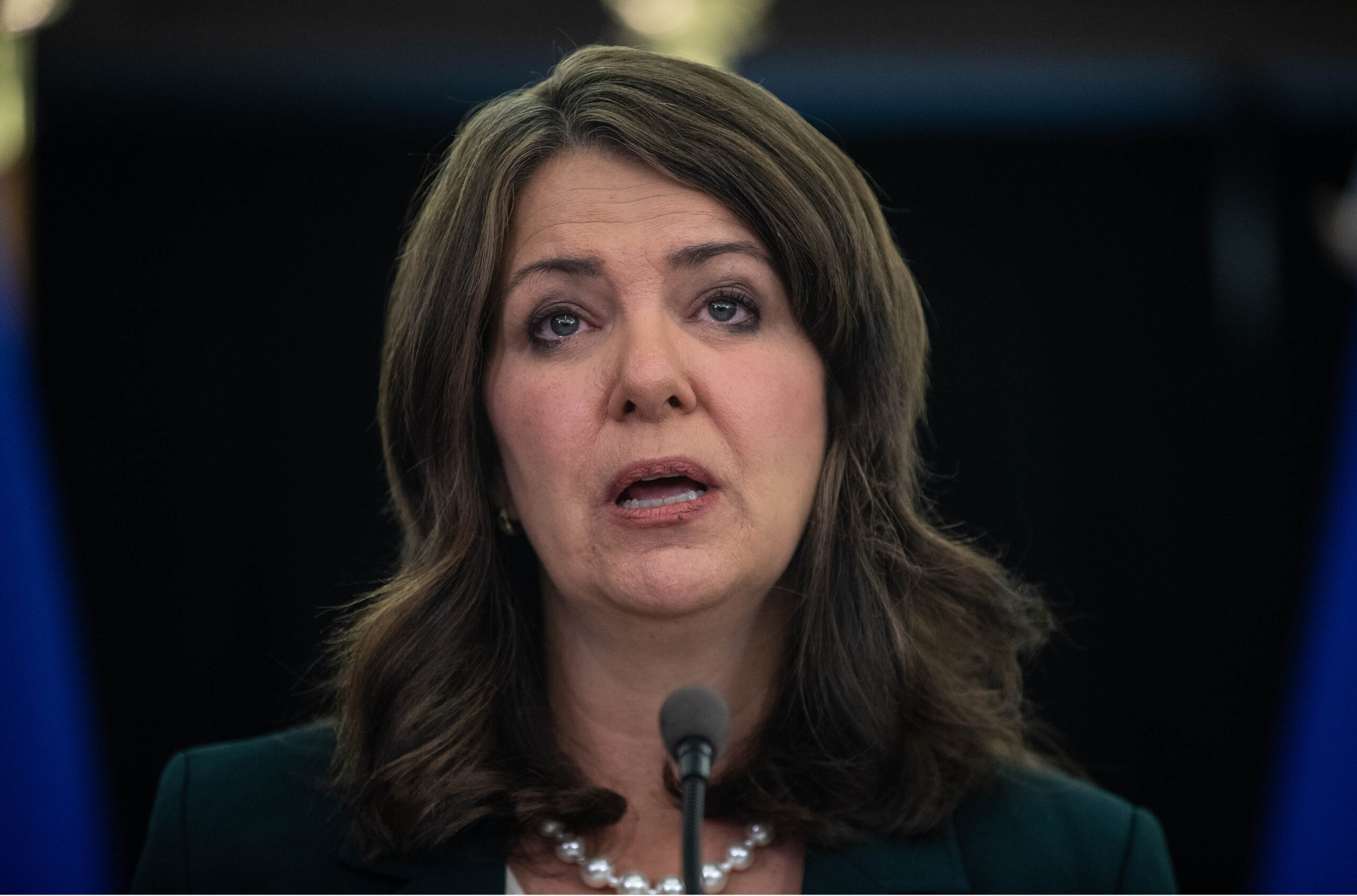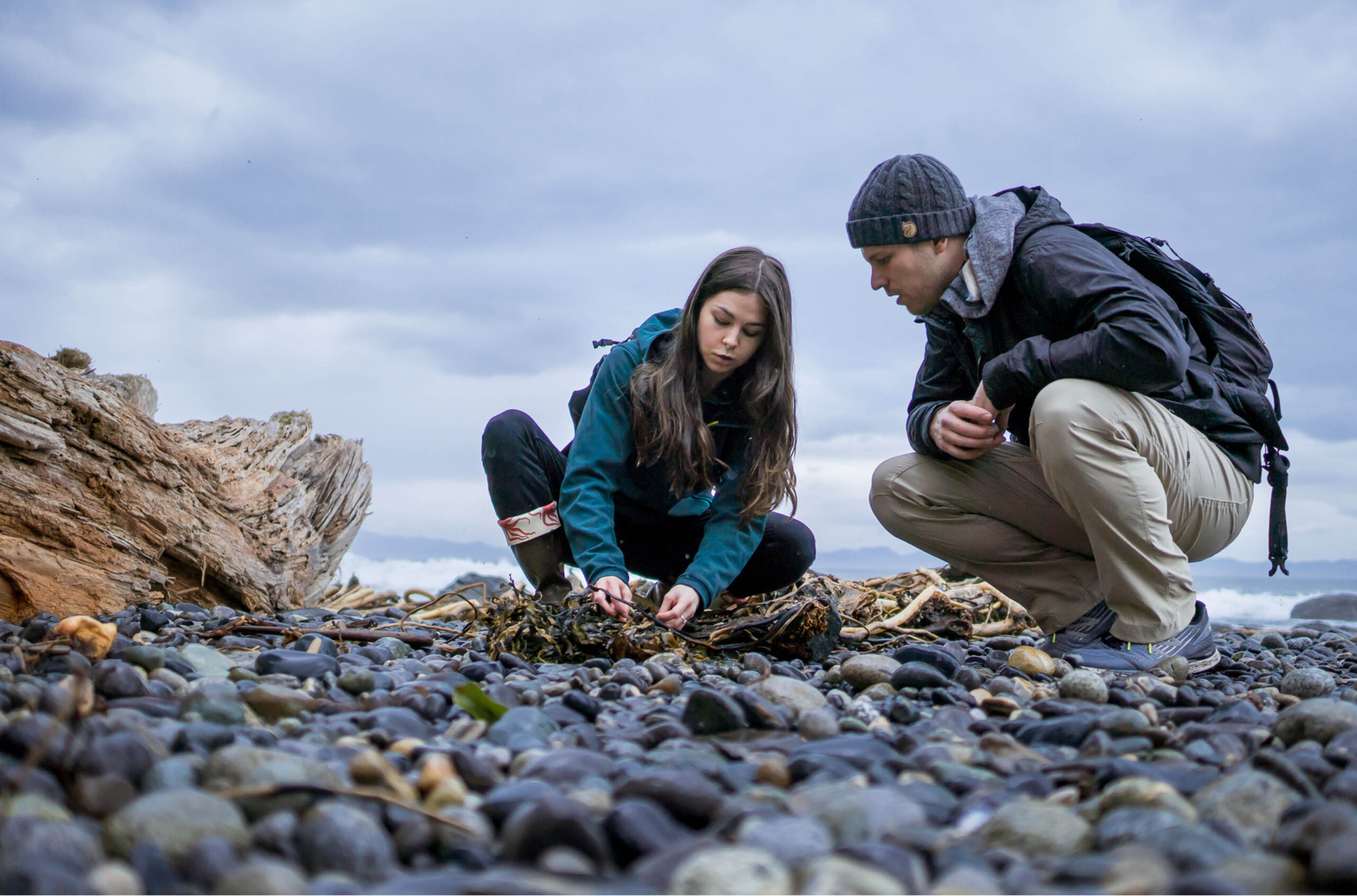The Canada Research Coordinating Committee gets into gear
An interview with the committee’s inaugural chair, SSHRC president Ted Hewitt.

Last October, the federal government announced the creation of the Canada Research Coordinating Committee “to improve collaboration among the granting councils and CFI (the Canada Foundation for Innovation) to the benefit of researchers and students across the country.” Such a coordinating body was among the recommendations of the report by the Fundamental Science Review panel released in April 2017. Membership of the CRCC is composed of the presidents of the three federal research granting councils – the Social Sciences and Humanities Research Council, the Natural Sciences and Engineering Research Council, and the Canadian Institutes for Health Research – as well as the deputy ministers of Health Canada, and Innovation, Science and Economic Development Canada. Also participating in CRCC meetings are CFI president Roseann O’Reilly Runte, National Research Council president Iain Stewart and chief science advisor Mona Nemer. University Affairs recently spoke with the inaugural chair of the CRCC, SSHRC president Ted Hewitt, about its activities.
University Affairs: Hello Dr. Hewitt. How were you chosen as the chair of the CRCC and for how long will you be serving?
Ted Hewitt: By our own terms of reference and the open letter from Minister of Science Kirsty Duncan and Minister of Health Ginette Petitpas Taylor, the chair will be held by one of the presidents of the three federal granting councils on a rotating basis. I was asked by Minister Duncan to serve as the inaugural chair because somebody had to get the ball rolling. I think the term is one year, and judging by when I was asked, I will be moving out of that position by the end of this calendar year. Then one of the other presidents will assume that role.
UA: It hasn’t been decided yet who that will be?
Dr. Hewitt: Well, you can kind of figure it out. We just had a new president for CIHR announced (Michael J. Strong, dean of Western University’s Schulich School of Medicine & Dentistry), whereas NSERC president Dr. Pinto has been here for quite a while, so I suspect that Dr. Pinto will be moving into that position.
UA: How were the activities of the three granting councils coordinated prior to the creation of the CRCC?
Dr. Hewitt: That’s a really good question, because we have for many years been working to develop joint programming and joint administrative practices. On the administrative side, we have long shared an approach to research ethics and research integrity. SSHRC and NSERC currently share all administrative back-office functions. We collaborate strongly with CIHR in all policy areas, notwithstanding some of the differences that exist, primarily as a result of the differing nature of our respective communities.
In terms of programming, we have very successfully for many years had joint programs in place, whether it be the NCEs (Networks of Centres of Excellence), the Canada Research Chairs, the Canada Excellence Research Chairs and the Canada First Research Excellence Fund. As well, the three granting council presidents and the president of CFI have been meeting regularly for many years to talk about joint opportunities. However, the federal science review rightfully pointed out that there was lots of room for growth there. And the minister at that point had indicated quite clearly that we need to strengthen this collaboration and we need the councils and CFI to work together more effectively.
UA: What is the mandate of the CRCC?
Dr. Hewitt: The ministers’ open letter laid out for us five things that they want us to get going on right away. The first is to strengthen our capacity to conduct research that’s international, multidisciplinary, rapid-response and high-risk, and to develop mechanisms across the councils to support that. The ministers were very clear as well that the committee should get working on identifying future research trends and opportunities in a number of key areas (according to the ministers’ letter, these are artificial intelligence, quantum technologies, regenerative medicine and Arctic research). We also need to remove barriers for the members of under-represented groups, and promote equity, diversity and inclusion generally. Along with that, we need to ensure that early career researchers are well-supported. And last, but far from least, we need to work immediately to promote Indigenous research and particularly research involving the participation of Indigenous communities on issues that affect them.
UA: I noticed that there was a major announcement recently from the CRCC on the launch of a national consultation concerning the new $275-million Tri-Council Fund. Could you tell me a bit about that?
Dr. Hewitt: In Budget 2018, we had an allocation of $275 million over five years for what we call Priority One, which is this international, interdisciplinary, rapid-response fund. We’re in a world where we need to collaborate more effectively internationally, we need to start thinking across disciplinary boundaries, and we need to be faster in terms of getting at some of the key issues that are affecting us. We have put together a draft proposal for a tri-council competition that would speak to these priorities, and that’s what we’re consulting on this summer. We are also developing an action plan for equity, diversity and inclusion, as well as for support for early career researchers, and we are consulting on these as well. (Researchers can have their say here. The consultation phase closes on August 27.)
UA: Any last comments or observations?
Dr. Hewitt: We have come out of the gate pretty fast. We’ve been meeting monthly. People are seriously engaged in this process and all of our staff here at the agencies are working hard to make this a success. We’re at the point now where things are going to start moving very quickly.
The only other thing I would say is that we’re really fortunate. This was a challenge and now represents for us our best opportunity to do things a bit differently and build bridges in ways we never could before. We have the three granting council presidents, the presidents of CFI and the NRC; we have the new chief science adviser, and we have two deputy ministers from two big departments right at the table. That is really exciting for research in Canada.
This interview was condensed and edited for clarity.
Featured Jobs
- Electrical and Computer Engineering - Assistant/Associate ProfessorWestern University
- Indigenous Studies - Faculty PositionUniversité Laval
- Accounting - Tenured or Tenure-Track Faculty PositionUniversity of Alberta
- Psychology - Assistant Professor (Social)Mount Saint Vincent University
- Electrical Engineering - Assistant Professor (Electromagnetic/Photonic Devices and Systems)Toronto Metropolitan University
















Post a comment
University Affairs moderates all comments according to the following guidelines. If approved, comments generally appear within one business day. We may republish particularly insightful remarks in our print edition or elsewhere.